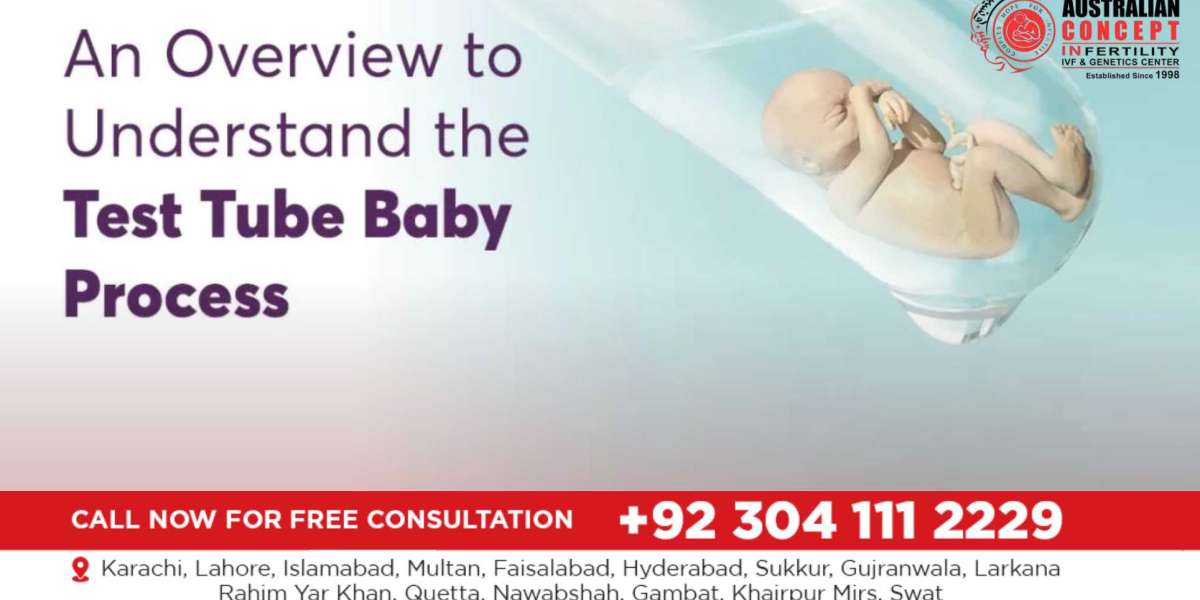The term test tube baby is commonly used to describe children conceived through In Vitro Fertilization (IVF). This process involves fertilizing an egg with sperm in a laboratory before transferring the embryo into the mother’s uterus.
Understanding Natural Conception
In natural conception, fertilization occurs inside a woman’s body. After ovulation, an egg is released from the ovary and meets sperm in the fallopian tube. If fertilization occurs, the embryo travels to the uterus, where it implants and grows into a baby.
How the Test Tube Baby Process Works
In IVF, fertilization happens outside the body in a controlled laboratory environment. The steps include:
Stimulating the ovaries to produce multiple eggs.
Retrieving the eggs from the ovaries.
Combining eggs and sperm in a laboratory dish for fertilization.
Culturing the embryos until they are ready for transfer.
Transferring the healthiest embryo(s) into the uterus for implantation.
The main difference lies in where fertilization takes place—inside the body in natural conception versus outside the body in IVF.
Are Test Tube Babies Physically Different?
One of the biggest misconceptions is that test tube babies are somehow different from naturally conceived babies. In reality, there is no physical or genetic difference. Both types of babies grow in the mother’s womb and develop naturally during pregnancy.
Health and growth: Test tube babies are as healthy as naturally conceived babies.
Genetics: They inherit genes from their biological parents in the same way as other children.
Development: Once pregnancy begins, the process is identical to natural conception.
Emotional and Social Differences
The difference is often emotional rather than physical. Couples who go through the test tube baby process may experience more emotional stress, financial challenges, and social stigma in some communities. However, these factors do not affect the child’s health or development.
Addressing Common Myths
Myth 1: Test tube babies are “artificial.”
Fact: They are conceived through natural sperm and eggs, only fertilized in a lab.
Myth 2: Test tube babies are weaker or less intelligent.
Fact: Research shows no difference in intelligence or health compared to naturally conceived babies.
Myth 3: They are genetically modified.
Fact: IVF does not change the baby’s genetic makeup—it only assists fertilization.
Final Thoughts
A test tube baby is no different from a naturally conceived baby in terms of health, genetics, or development. The only difference lies in the method of conception. Once the embryo implants and pregnancy begins, the journey of growth and development is the same. The real distinction is that IVF provides hope for couples struggling with infertility, giving them the chance to experience the joy of parenthood.
For More Details: https://acimc.org/



